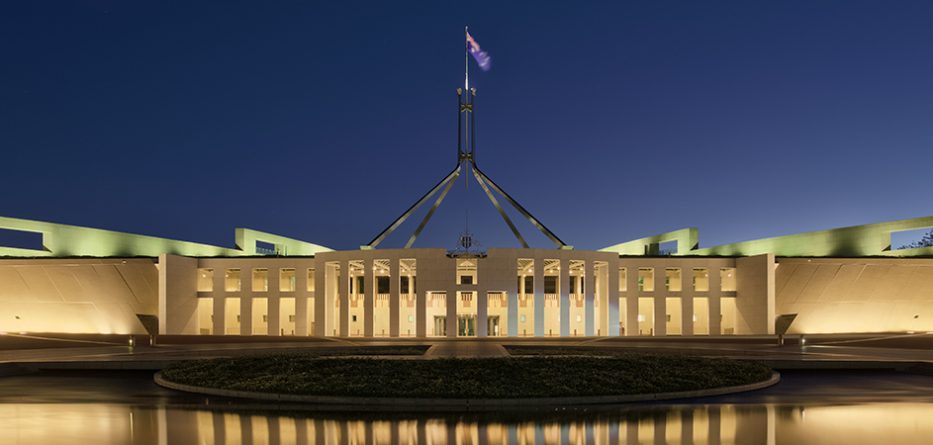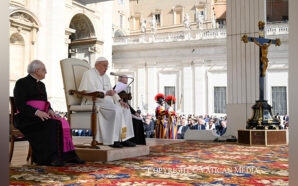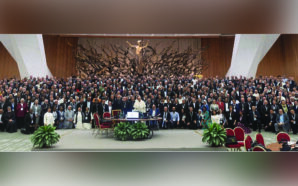June 30 is International Day of Parliamentarism
Parliamentarism Day is one of the newest United Nations Days. It is only in its second year. It may also appear to have the least to do with faith, let alone with the Catholic Church and its parishes and schools. After all, the parliamentary system is only a system of government among many systems, some democratic and others autocratic. And as we look at our own political life after an election we are likely to see its weaknesses as much as its strengths. Many Australians, too find any conversation about styles of government boring.
And yet, parliamentary government is built on good principles and is the result of centuries of struggle. It is designed to give citizens a say in government and to curb the power of the king or rulers. That has always come about through conflict, because rulers, whether we call them the government, the king or the emperor, want to be able to carry out their will without interference. That is as true of democracies as in dictatorships. Where there is a wise leader, autocracy may produce some good results, but an unscrupulous, selfish or paranoid ruler, who historically have often followed good rulers, can do untold damage to people’s lives. We need to think only of Hitler and Stalin to see the danger.
The point of democracy and so of parliamentary rule is to curb the absolute power of the government by requiring it to observe the laws made by representatives who are chosen by the people. Parliamentary systems try to make the parliament more representative of the people by ensuring that each region in a nation has its own representative. And to ensure that government legislation is carefully tested before being passed into law, some nations including Australia demand it be approved in detail by another body of review.
The challenge of any system of government is to ensure that people own it and trust it. They need to see the people elected to Parliament as their representatives and not as members of a ruling class with its own interests. They also need to see the Parliament as concerned for the good of the nation and not for the party and its supporters. Where they see Parliament paralysed by factional debates and feel no affinity with their representatives, or believe that the government is controlled by wealthy interests, their mistrust and alienation grow. Where parliament is paralysed, too, as has been the case in England over its participation in Europe, frustration will also grow. The result is that they are vulnerable to a strong leader who promises to bypass Parliament, punish scapegoats, and clean out corruption. We can see this in many nations today. It is a risk in Australia, too.
These dangers may seem to have nothing to do with faith or with the Church. But it is no accident that in the Catholic Church, the outrage at the sexual abuse of children and its concealment by Bishops have given rise to calls for changes in governance. Most lay Catholics want the laity to be involved in leadership. The accountability and transparency demanded in parliamentary government is also needed in the Catholic Church.
Fr Andrew Hamilton SJ writes for Jesuit Communications and Jesuit Social Services.








